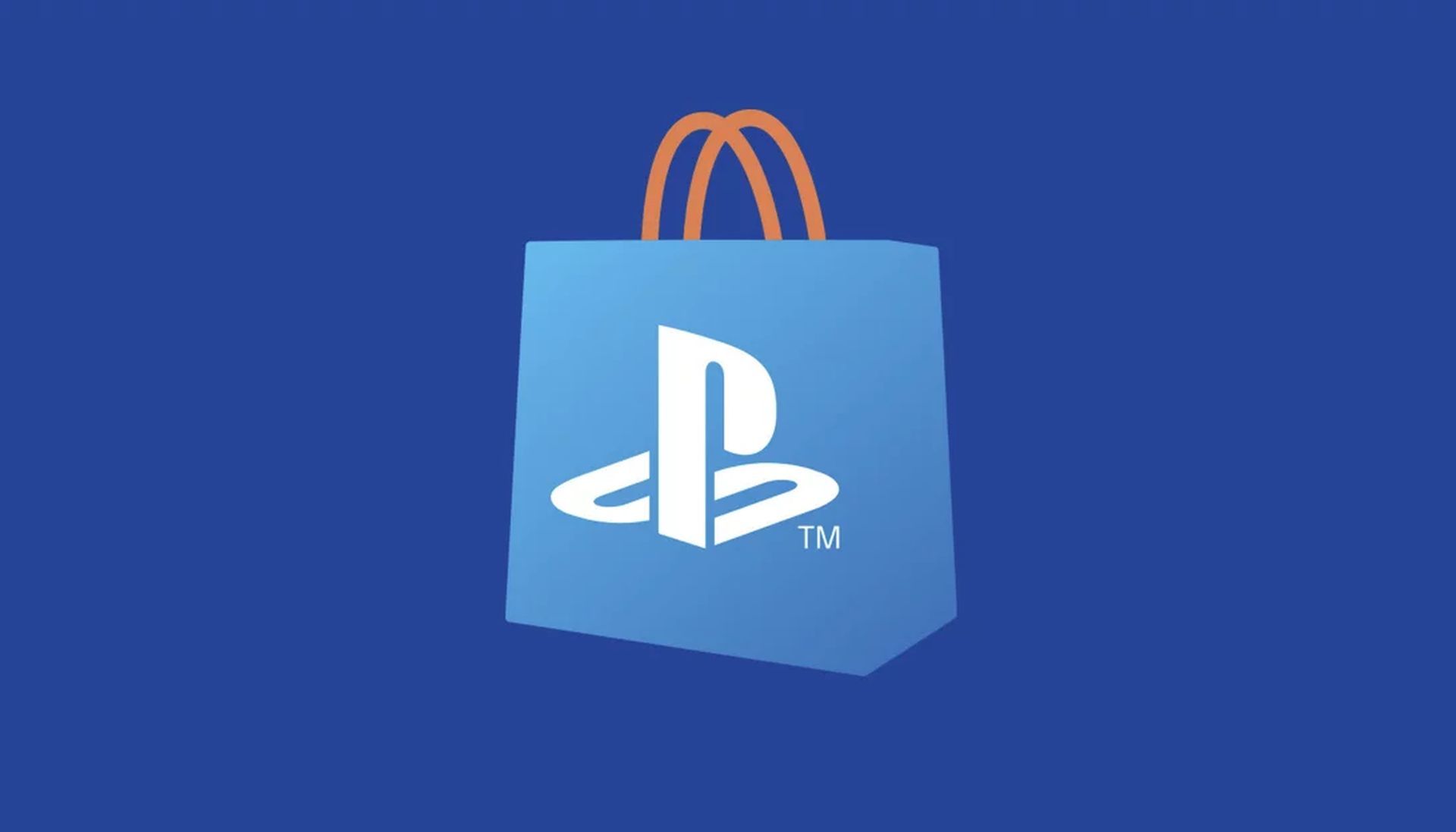The $7.9 billion Sony PlayStation Store lawsuit, marked by accusations of anti-competitive practices and alleged overcharging, has thrust the tech giant into a contentious legal showdown. The battleground? The Competition Appeal Tribunal in London, where a complaint challenging Sony’s imposing 30 percent commission on all sales within its gaming platform has gained momentum. Led by consumer advocate Alex Neill, this legal battle poses pivotal questions about market fairness, monopolistic behavior, and consumer interests in digital storefronts.
The $7.9 billion Sony PlayStation Store lawsuit so far
Sony PlayStation Store lawsuit revolves around allegations of anti-competitive behavior and pricing strategies that are disadvantageous to consumers.

Here is everything you need to know about the lawsuit:
- Background:
- Origin: The $7.9 billion Sony PlayStation Store lawsuit was filed last year, accusing Sony of utilizing its dominant position within the gaming market to charge excessively high prices on the PlayStation Store.
- Complaint: Sony is accused of imposing a 30 percent commission on all sales within its store, rather than opting for a lower rate that could potentially benefit consumers by passing on savings.
- Lawsuit details:
- Legal battle initiation: The case began in August and gained traction due to the claim that Sony’s practices unfairly limit competition and drive up prices for players.
- Legal standing: Despite Sony’s attempts to dismiss the case, the Competition Appeal Tribunal in London allowed the lawsuit to proceed, acknowledging the grounds and merit of the complaint.
- Plaintiff: The lawsuit is led by consumer advocate Alex Neill, representing consumers who argue that Sony’s practices are detrimental to their interests.
- Nature of accusation: It’s important to note that the lawsuit doesn’t accuse Sony of directly manipulating prices in secrecy but highlights the industry-standard practice of charging fees while impeding competition.
- Allegations and implications:
- Market limitation: By not permitting third-party sellers on the PlayStation Store, Sony is alleged to stifle market competition, resulting in inflated prices for consumers.
- Global context: Similar disputes have emerged in the United States, exemplified by cases like Epic Games vs. Apple and Epic Games vs. Google, where concerns were raised about exorbitant commissions charged by app stores.
The case against Sony’s PlayStation Store represents a significant legal confrontation in the gaming industry, addressing crucial aspects of competition, pricing, and consumer welfare within digital marketplaces.

Sony PlayStation Store lawsuit’s progress in the UK may set a precedent for how platform holders operate globally and could potentially influence future regulations or industry norms concerning digital storefronts in gaming.
Will the $4B Binance settlement mark the end of the US dispute?
Antitrust lawsuits reshaping digital markets
In recent years, the tech industry has witnessed a surge in legal battles centering on antitrust concerns, monopolistic practices, and platform dominance. These lawsuits, reminiscent of the Sony PlayStation Store lawsuit, highlight critical issues regarding competition, pricing strategies, and consumer welfare within digital marketplaces.
The lawsuit against Sony’s PlayStation Store stems from allegations of anti-competitive behavior, focusing on the platform’s pricing strategies disadvantaging consumers. Sony stands accused of imposing a 30 percent commission on all sales within its store, instead of opting for a potentially lower rate that could benefit consumers by passing on savings. The case gained traction as it asserts that Sony’s practices limit competition and drive up prices for players, prompting legal action led by consumer advocate Alex Neill.
Crucially, the lawsuit doesn’t accuse Sony of clandestine price manipulation but rather challenges the industry-standard practice of charging fees while obstructing competition. Similarly, other high-profile legal battles such as Epic Games vs. Apple and Google share parallels, raising concerns about monopolistic control and exorbitant commissions within app stores.

Epic Games, the developer of Fortnite, challenged Apple and Google over their app store policies, accusing both platforms of maintaining monopolistic control, charging high fees, and imposing strict rules that hinder competition. The implications were far-reaching, as Epic Games highlighted how these practices stifled innovation and limited user choice, echoing concerns raised against Sony.
Furthermore, the European Union‘s antitrust case against Google and Qualcomm‘s legal battles mirrored the broader context of these concerns. Google faced allegations of exploiting its dominance by requiring pre-installation of its apps on Android devices, while Qualcomm faced accusations of charging excessive licensing fees and engaging in exclusionary tactics.
A historic case involving the European Union and Microsoft highlighted similar antitrust concerns. Microsoft was accused of leveraging its dominance to favor its Internet Explorer browser and restrict interoperability with other software, resulting in the company being required to offer users a choice of browsers to enhance competition.
These lawsuits like the Sony PlayStation Store lawsuit collectively underscore the global conversation about regulating tech industries to balance market dominance with fair competition and consumer welfare. They address pivotal issues regarding monopolistic control, pricing strategies, access to markets, and their implications for innovation and consumer choice. As legal battles continue to unfold, their outcomes will likely shape future practices and regulations within digital marketplaces and tech ecosystems worldwide.
Featured image credit: Julian Hochgesang/Unsplash





